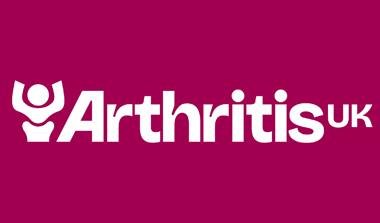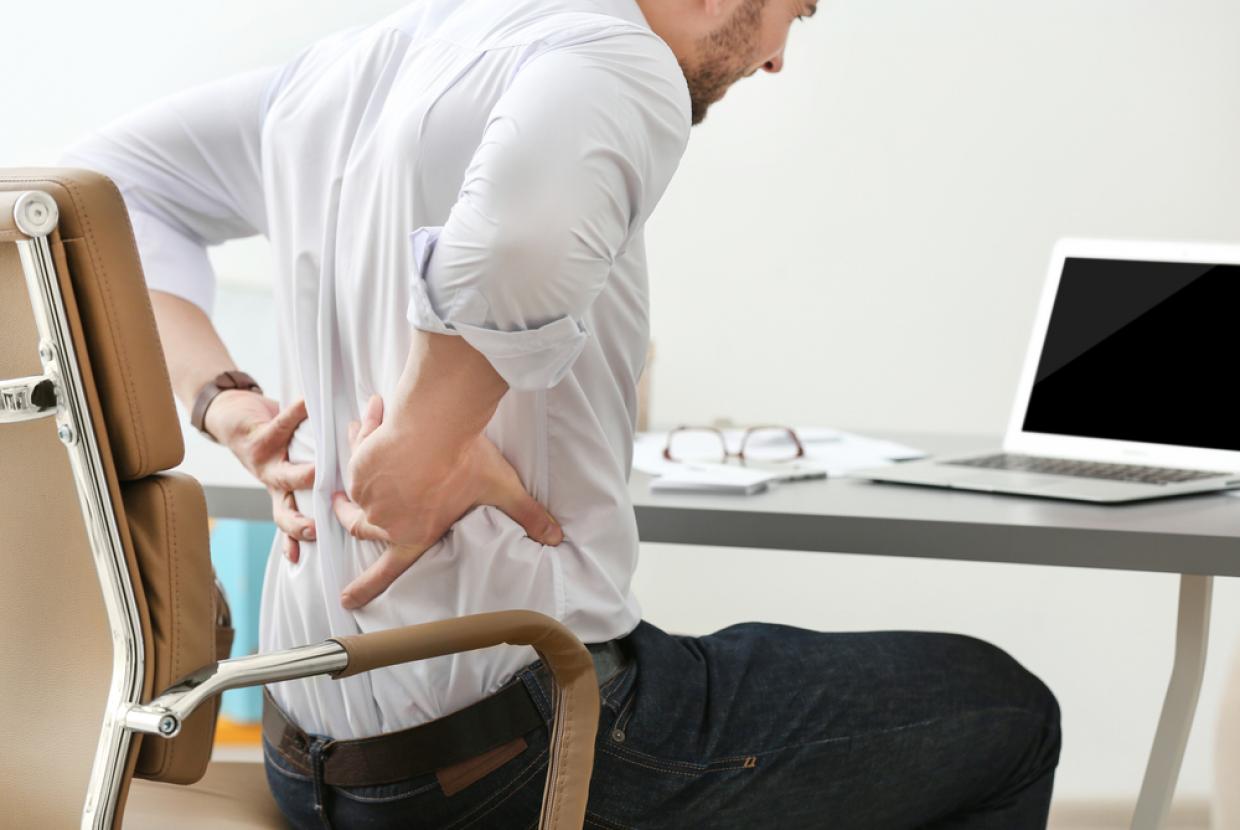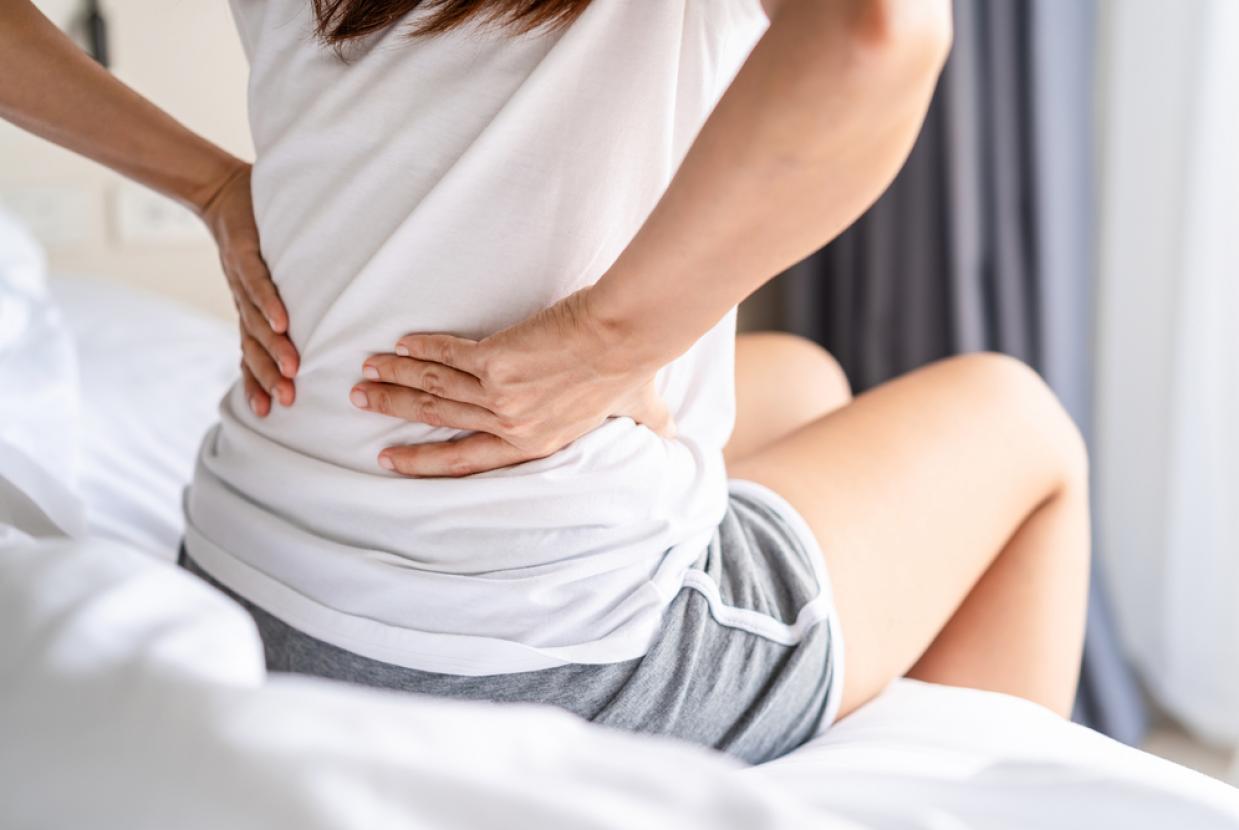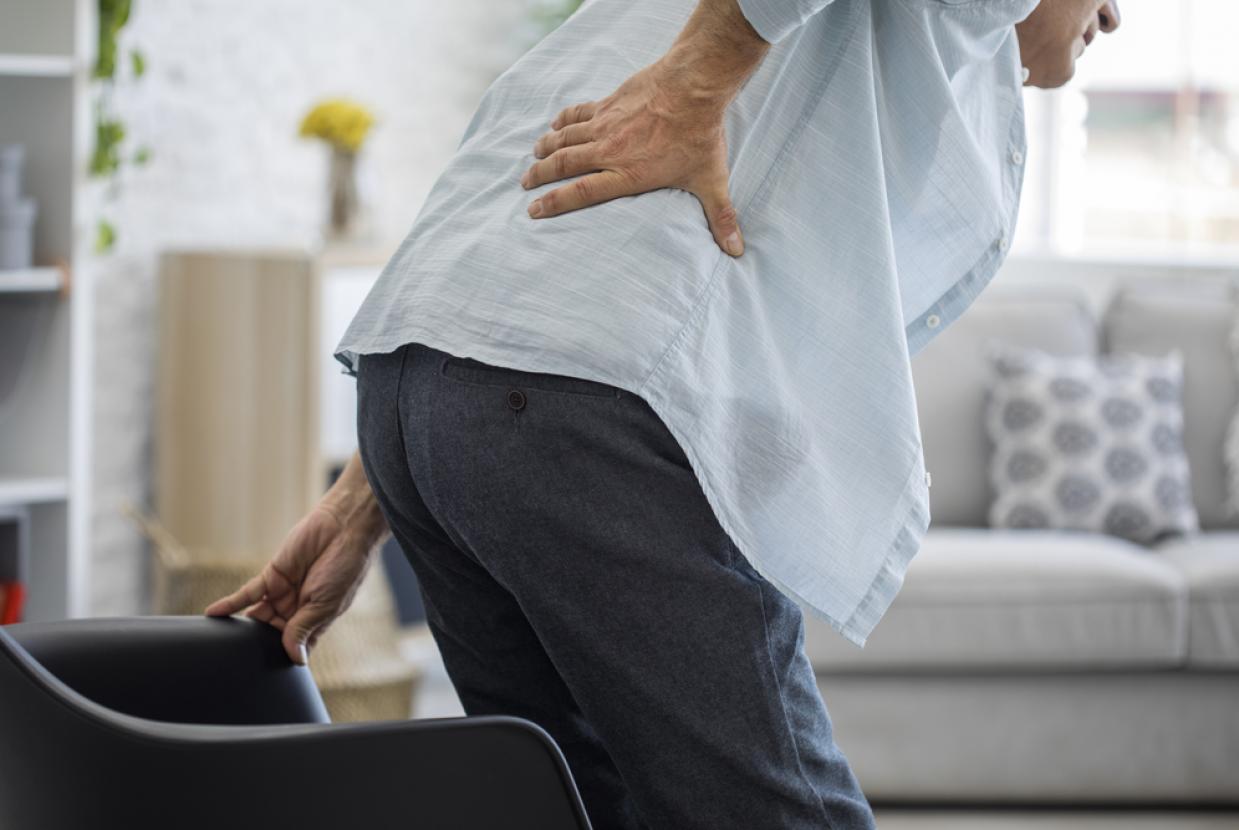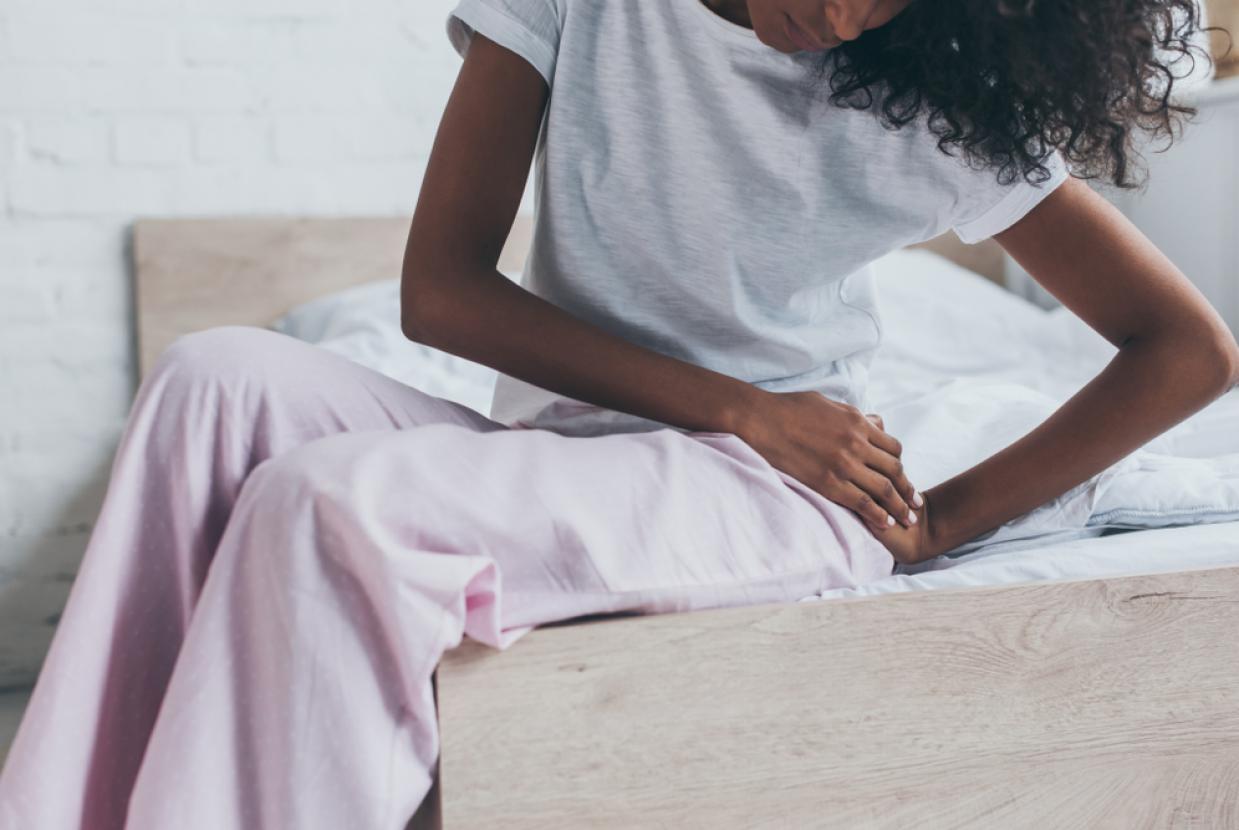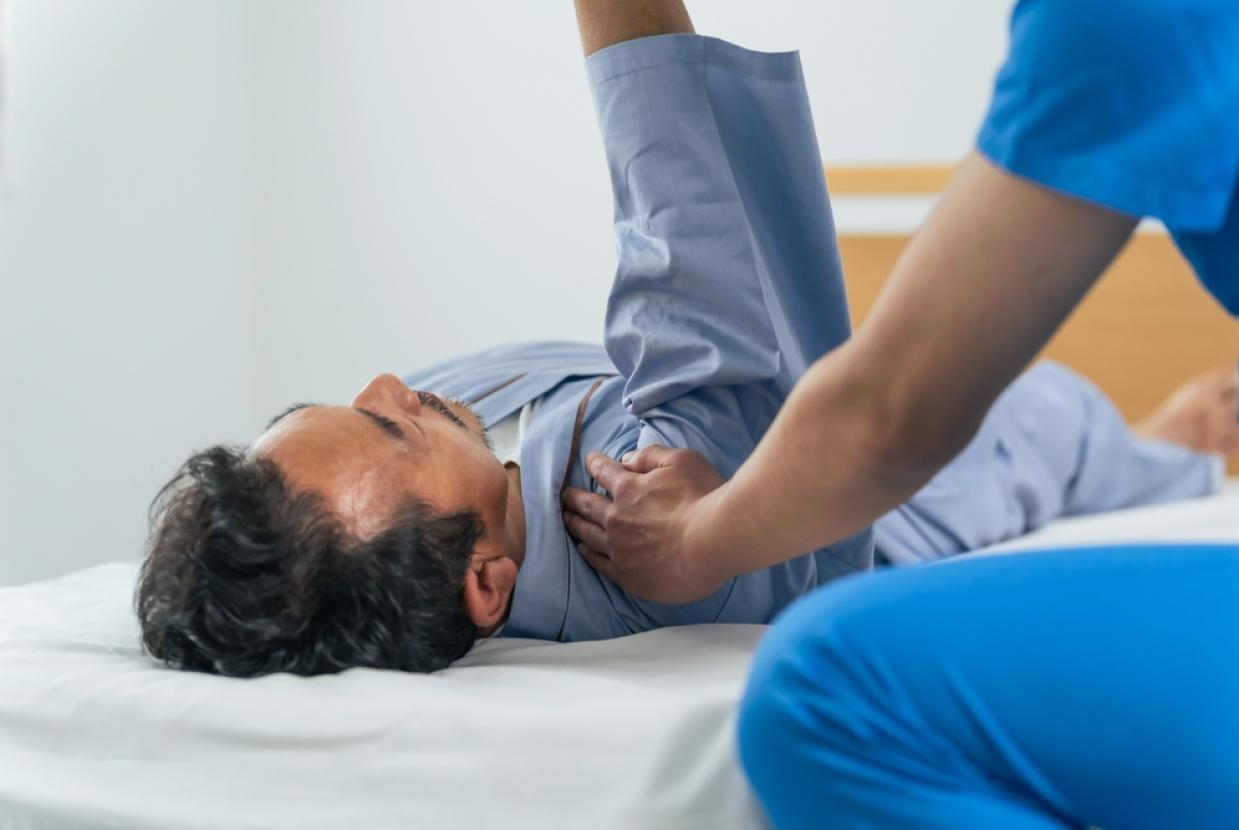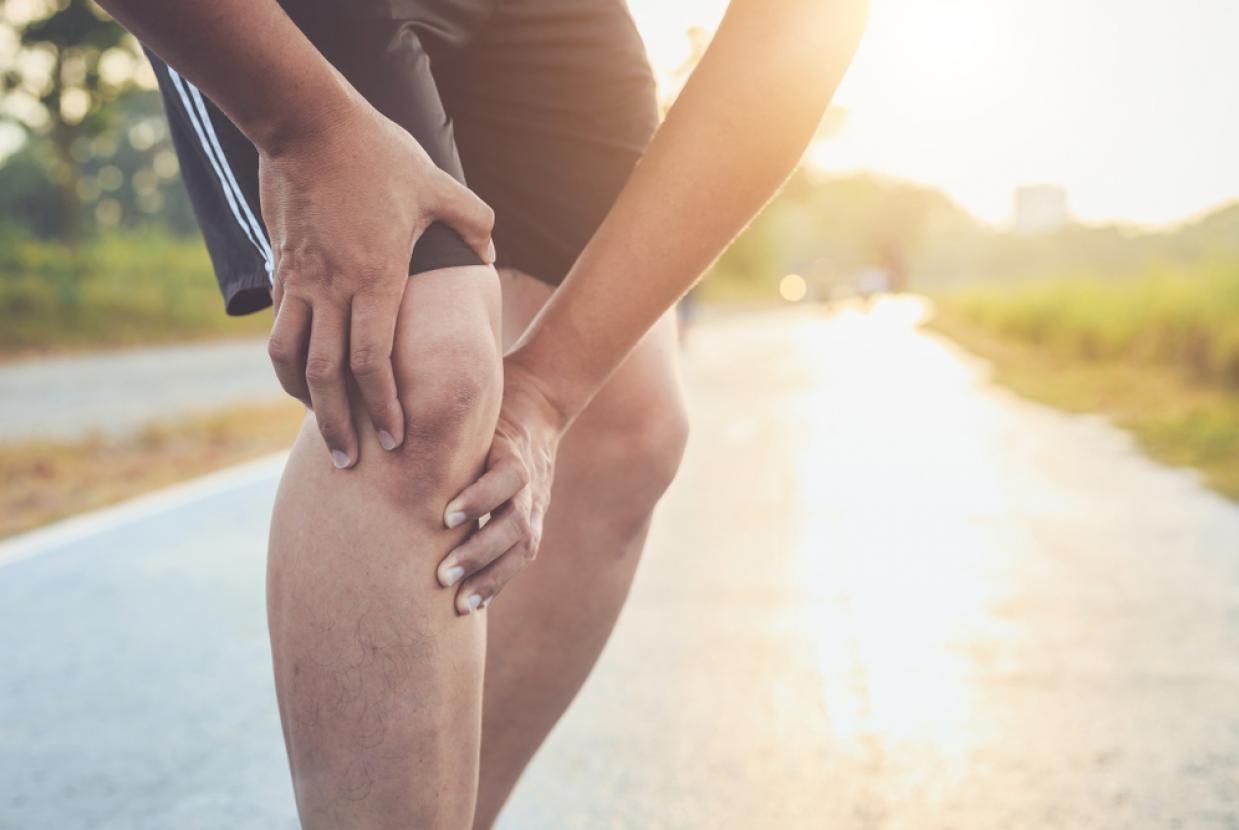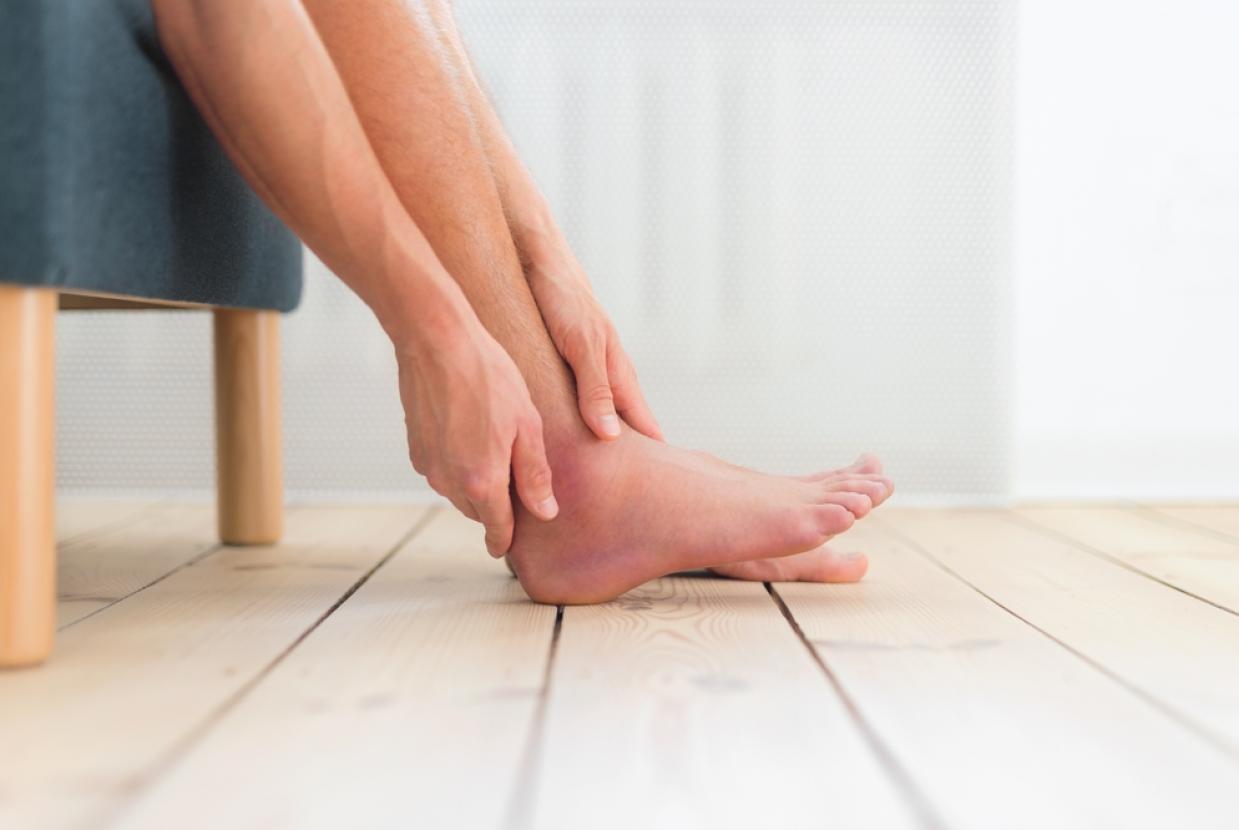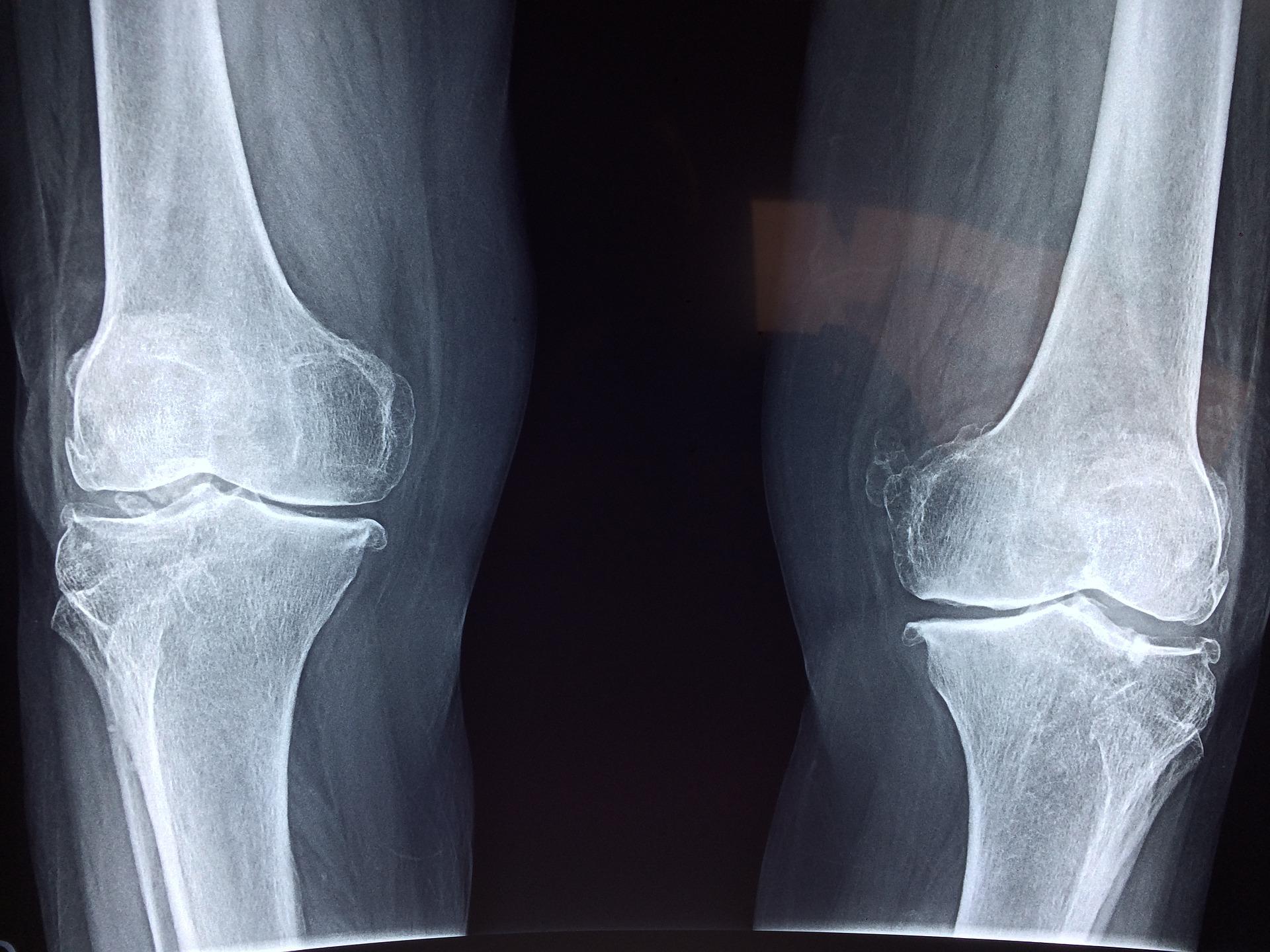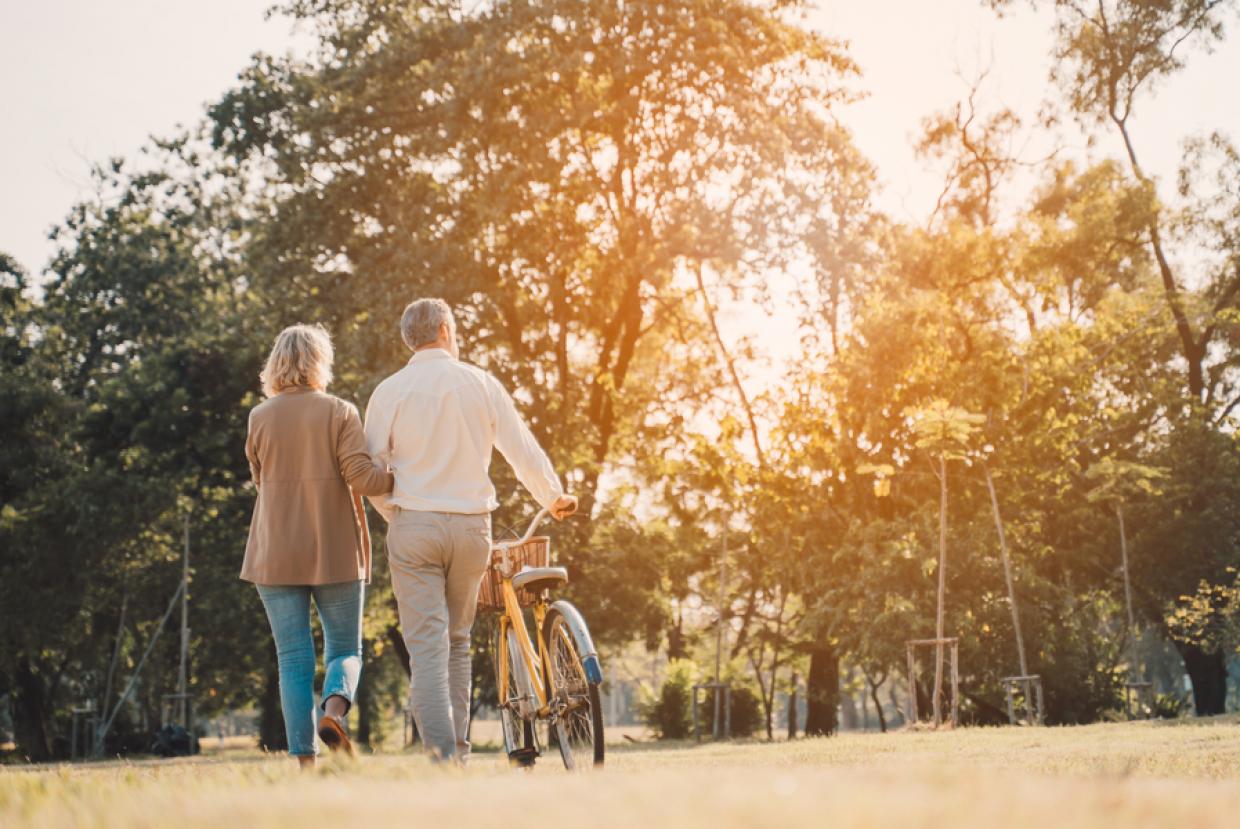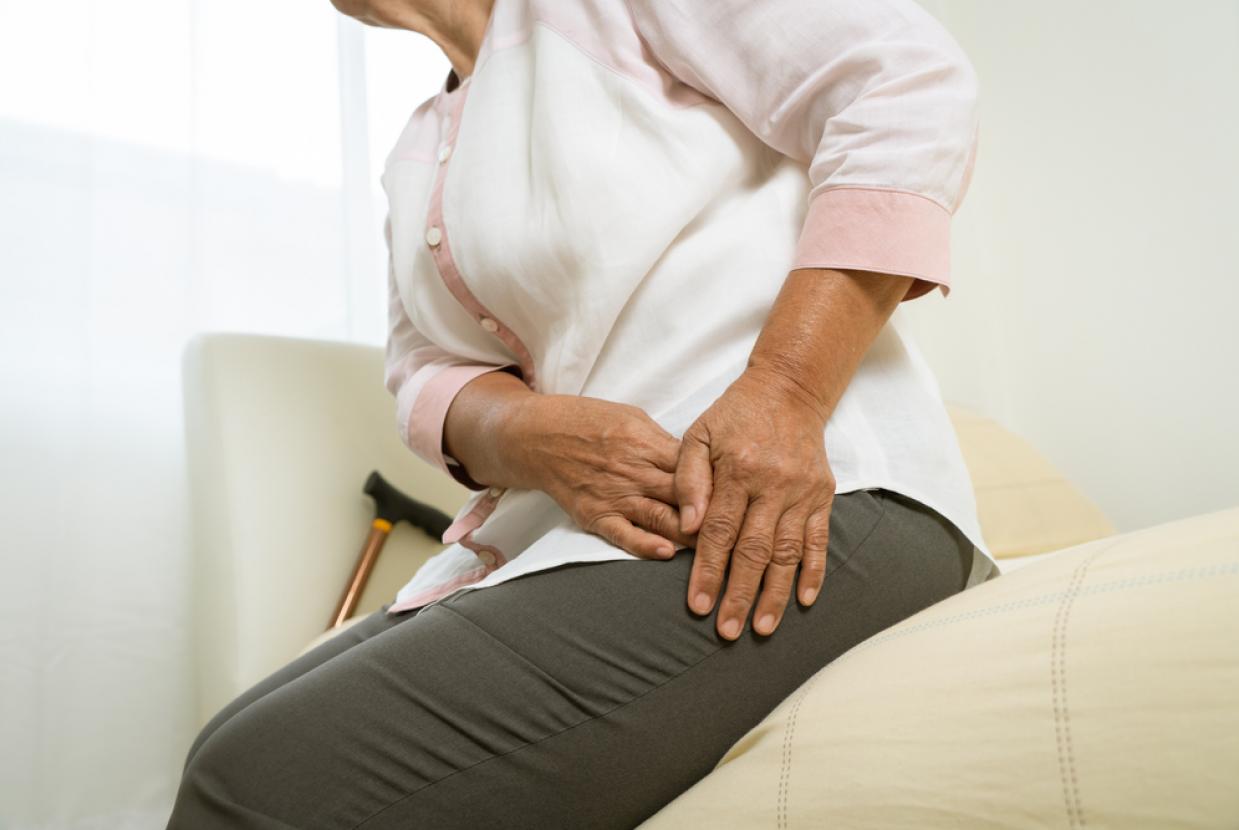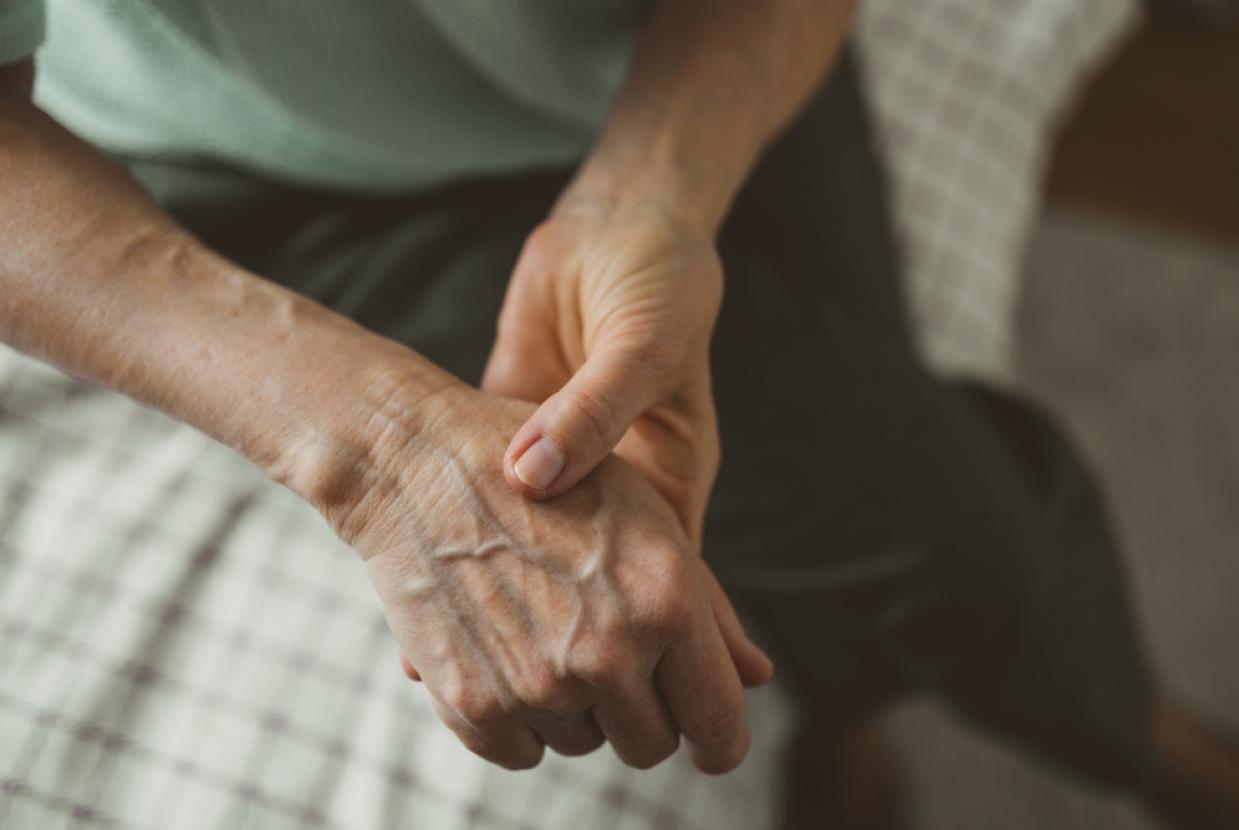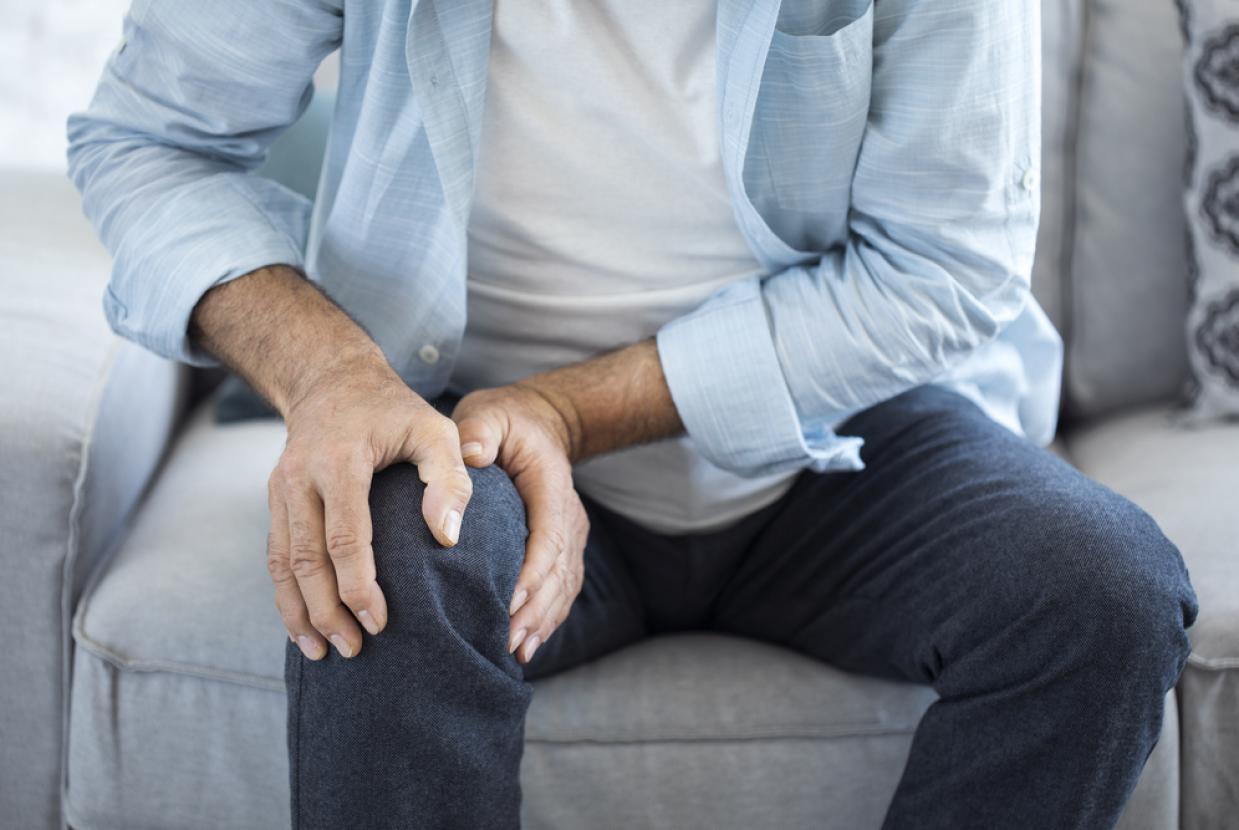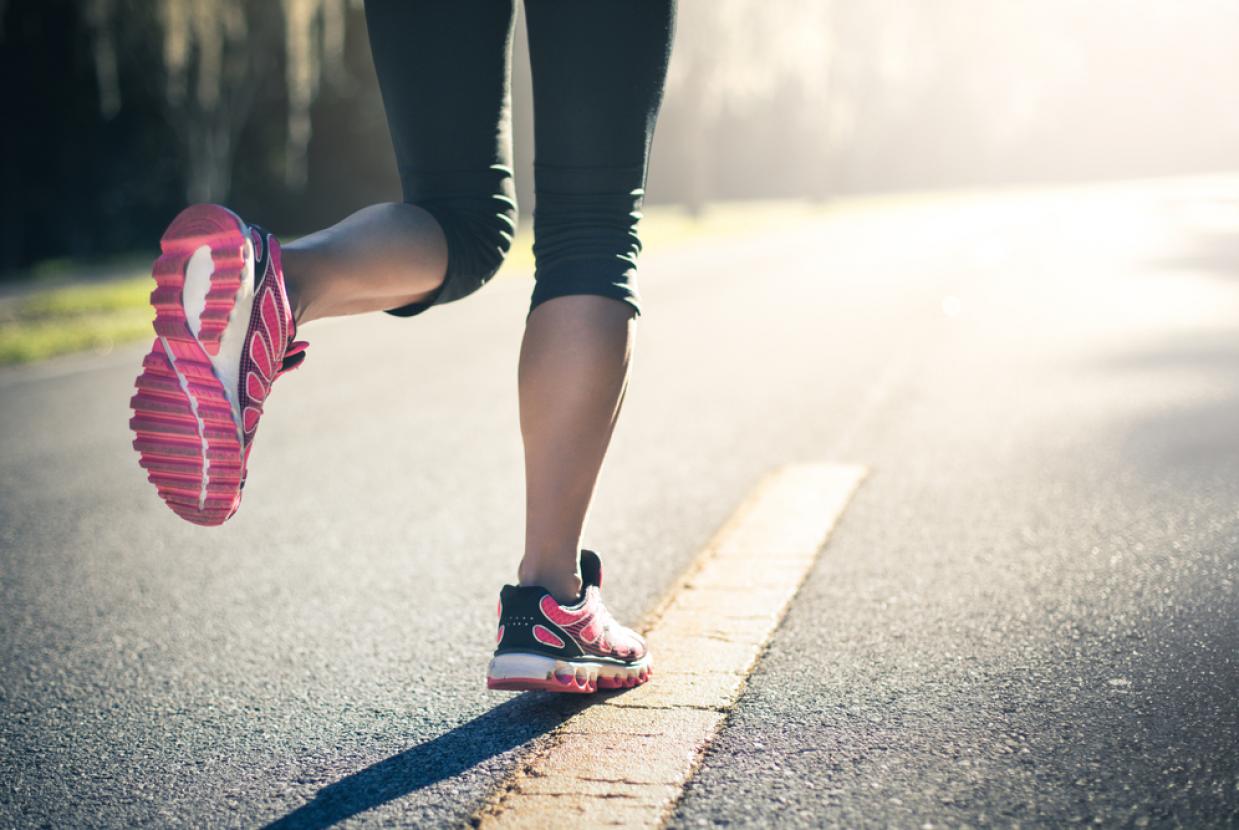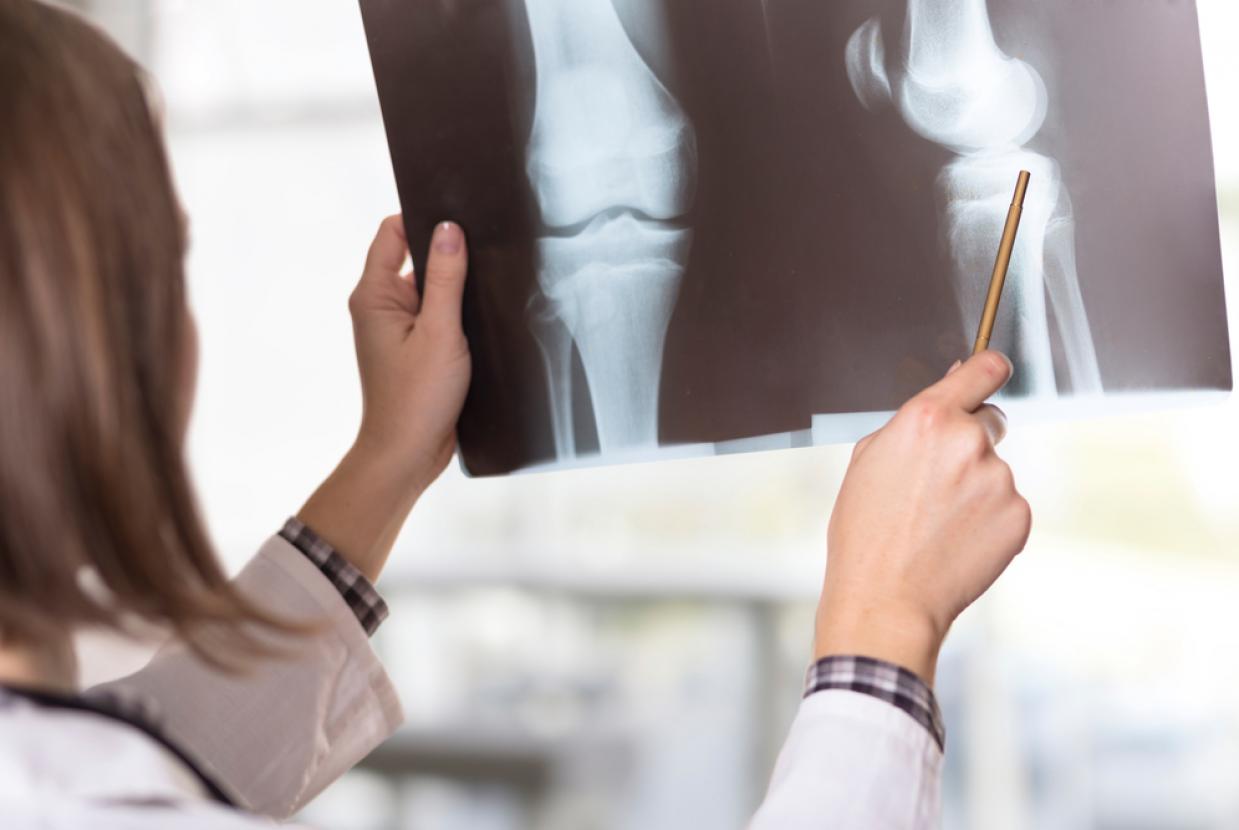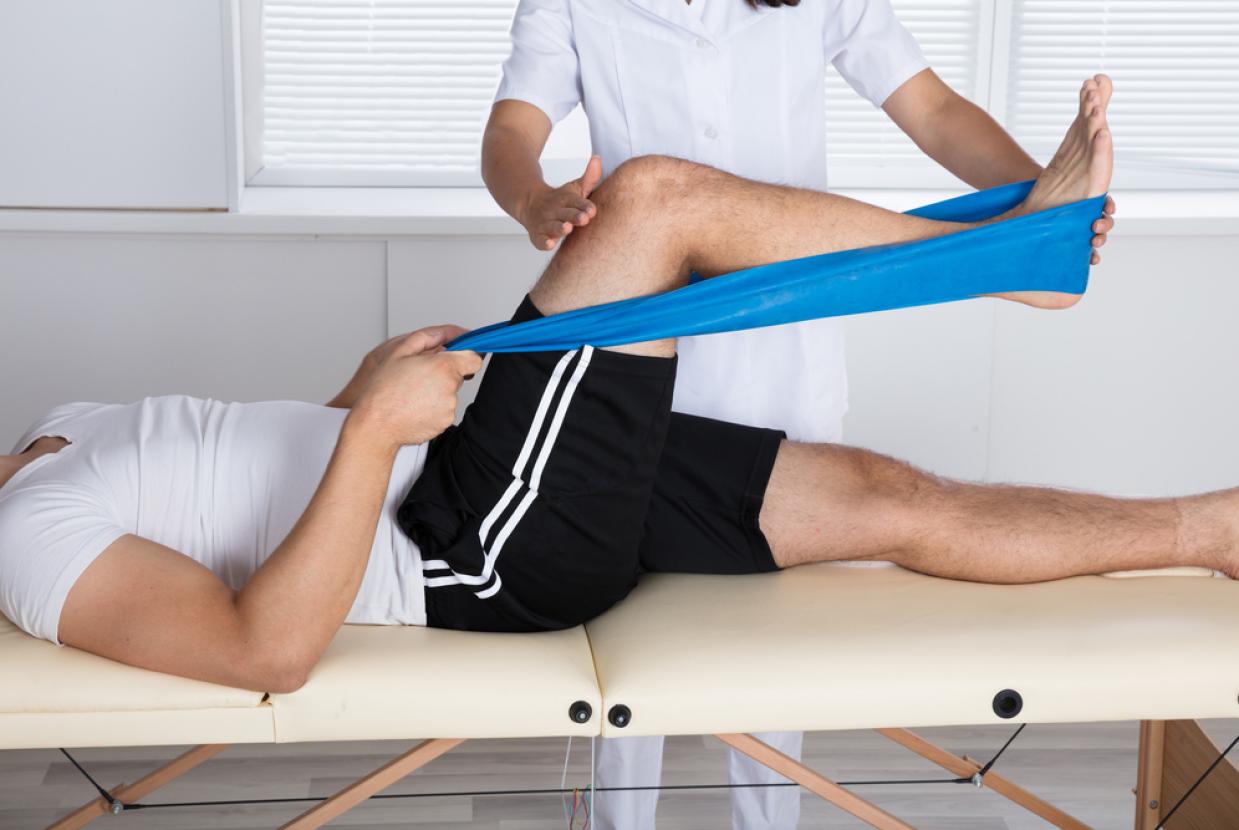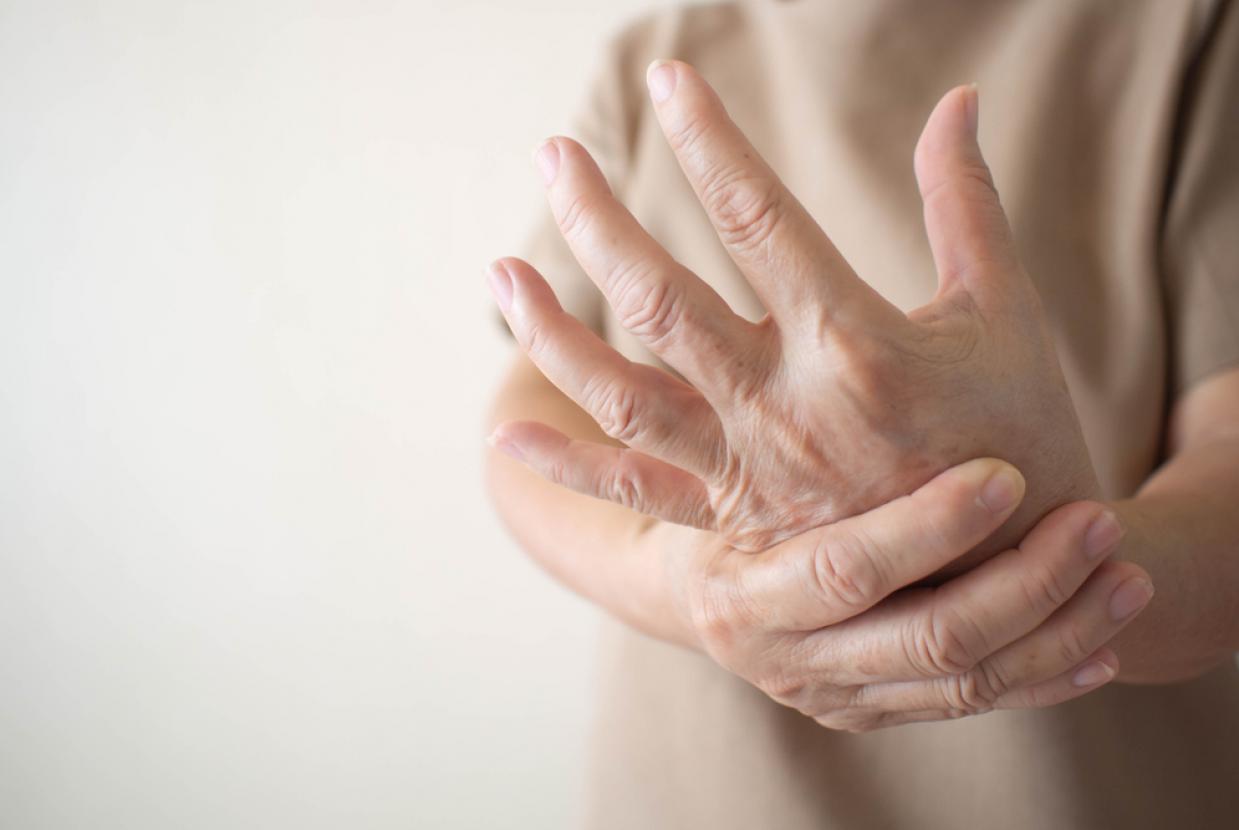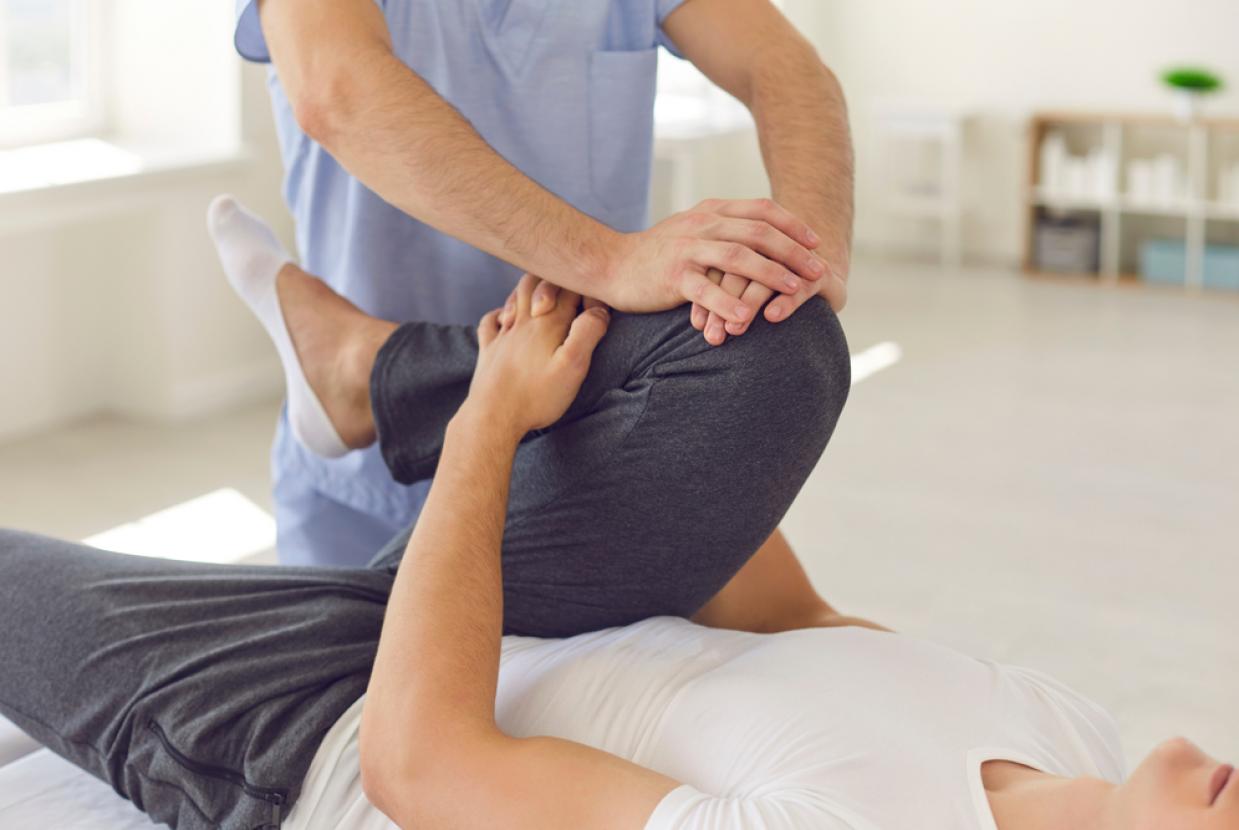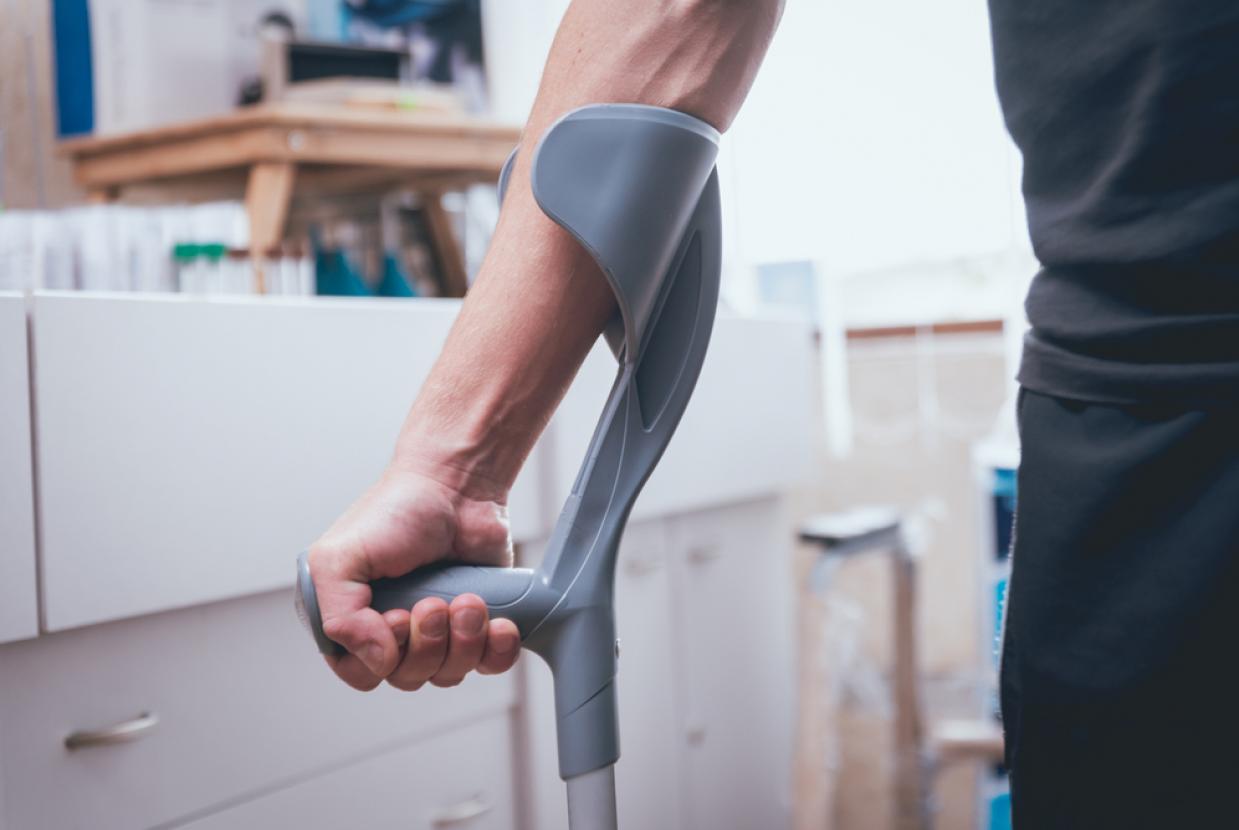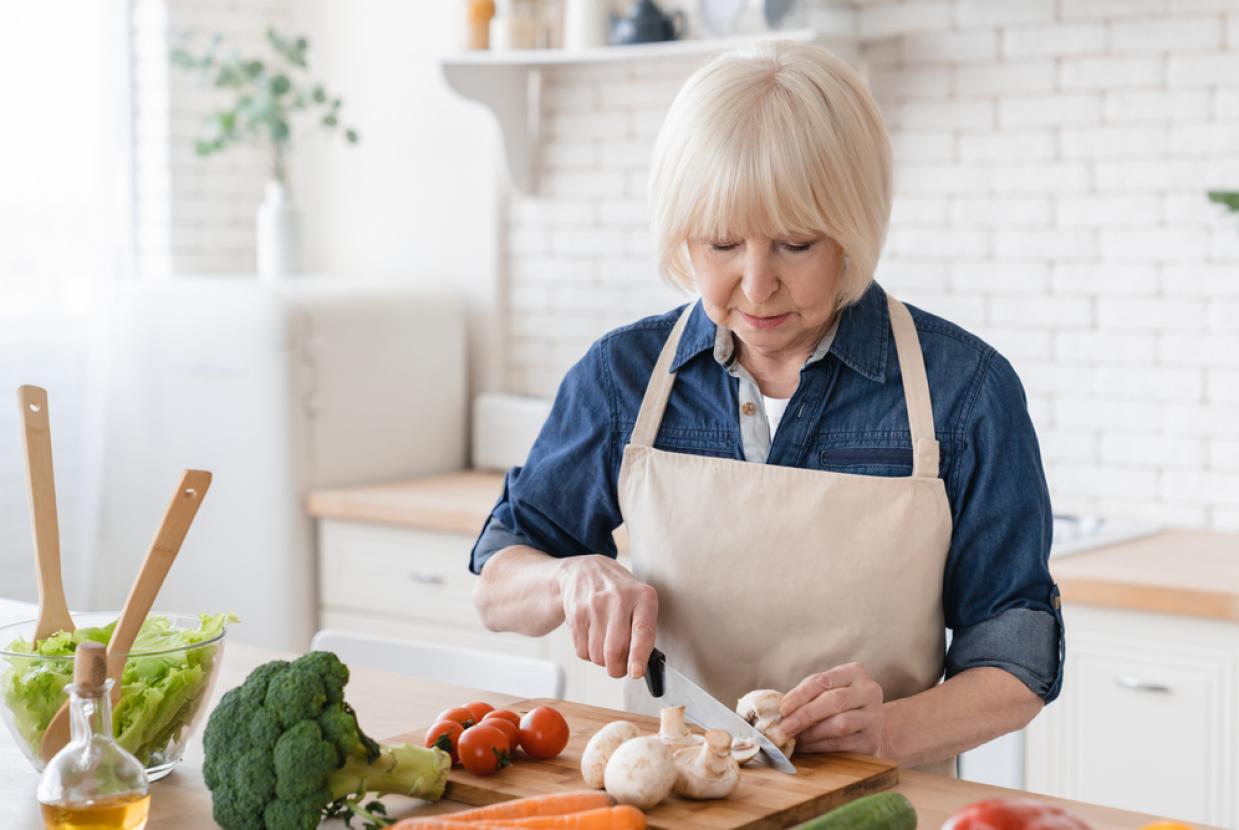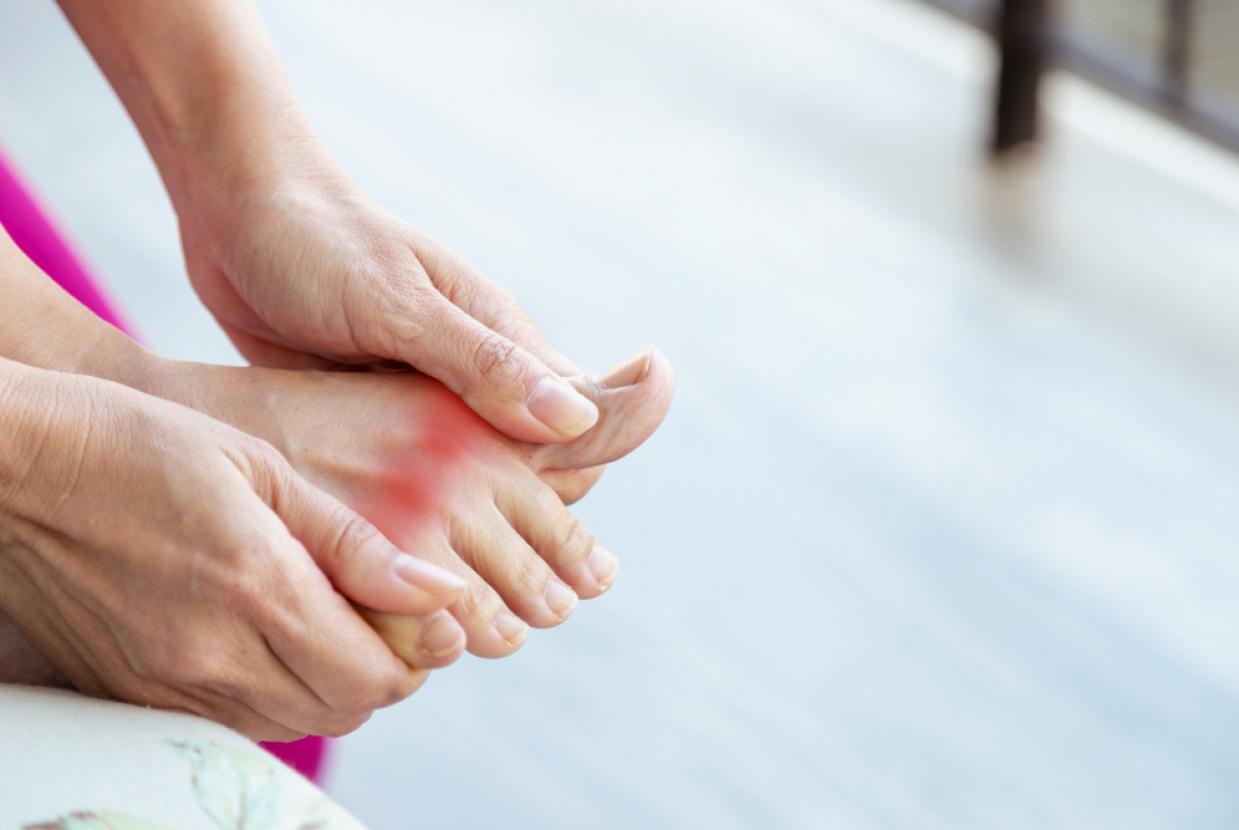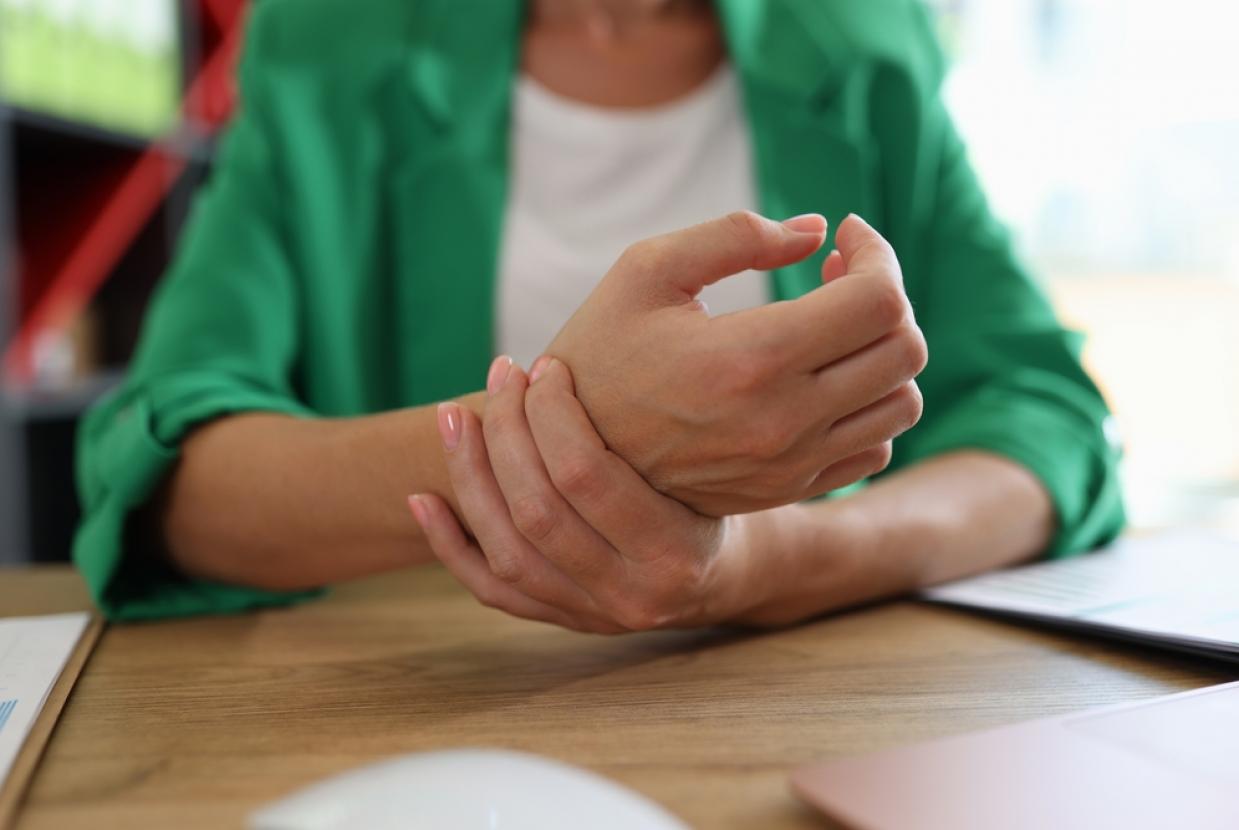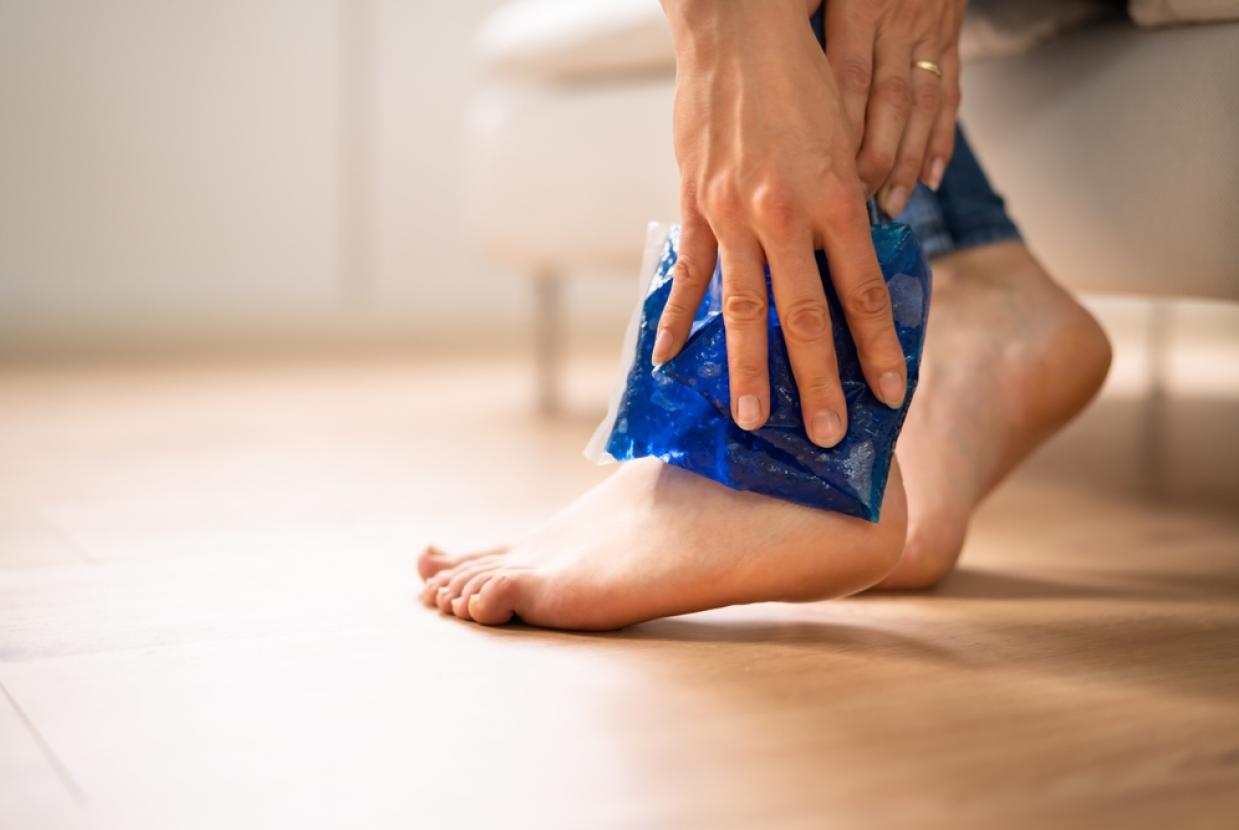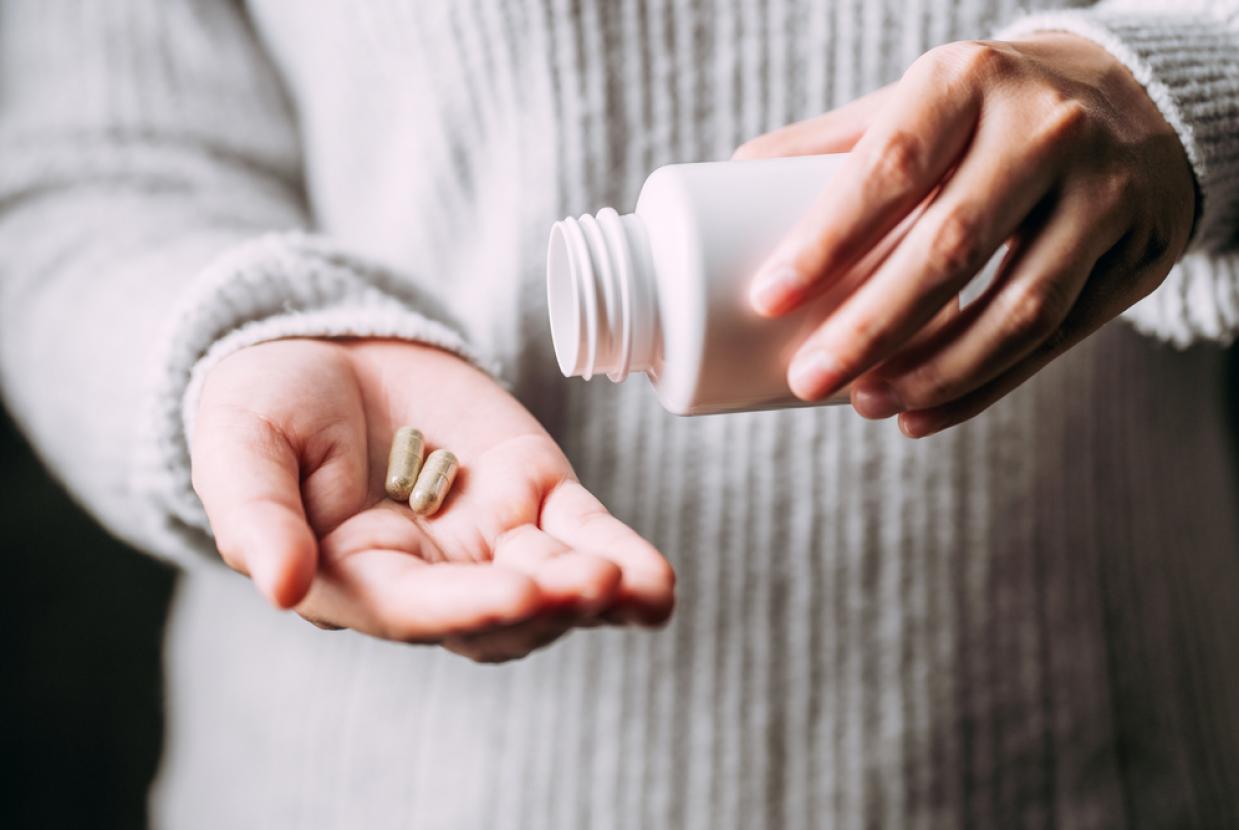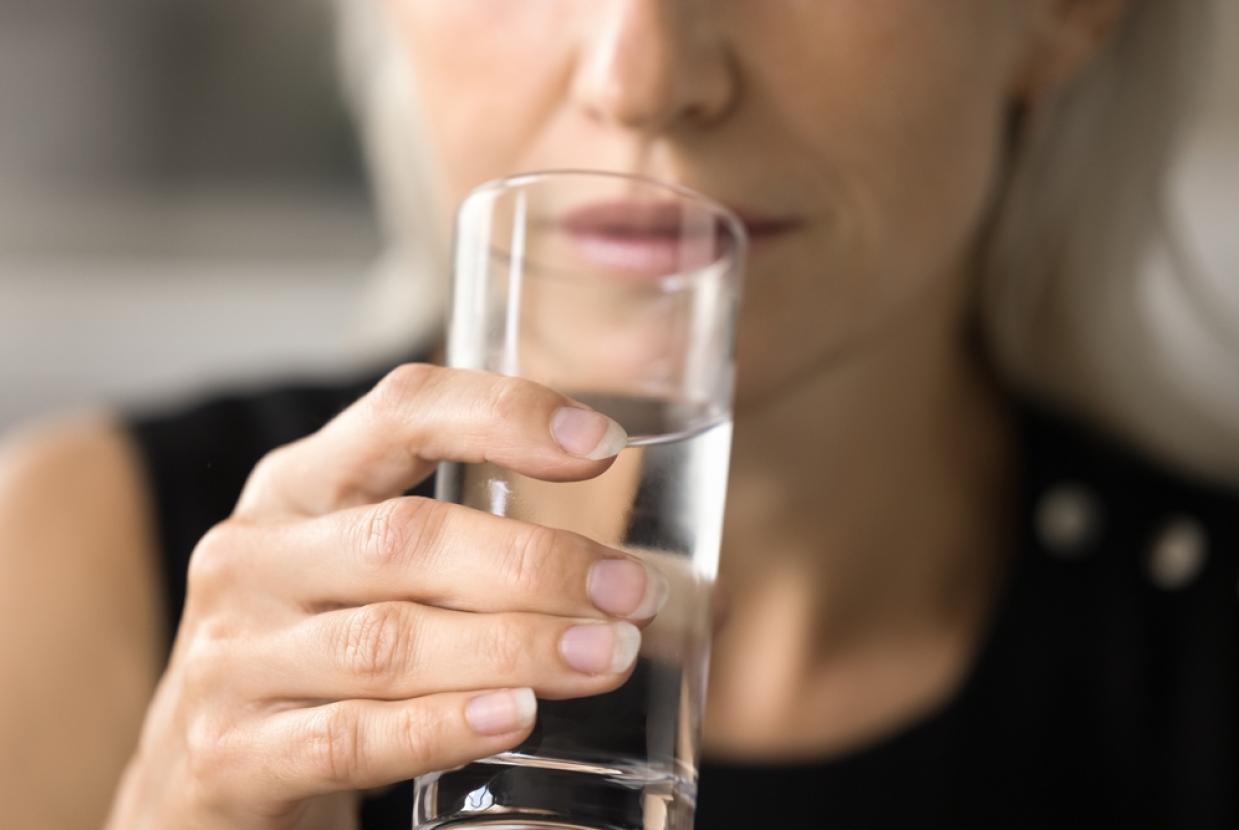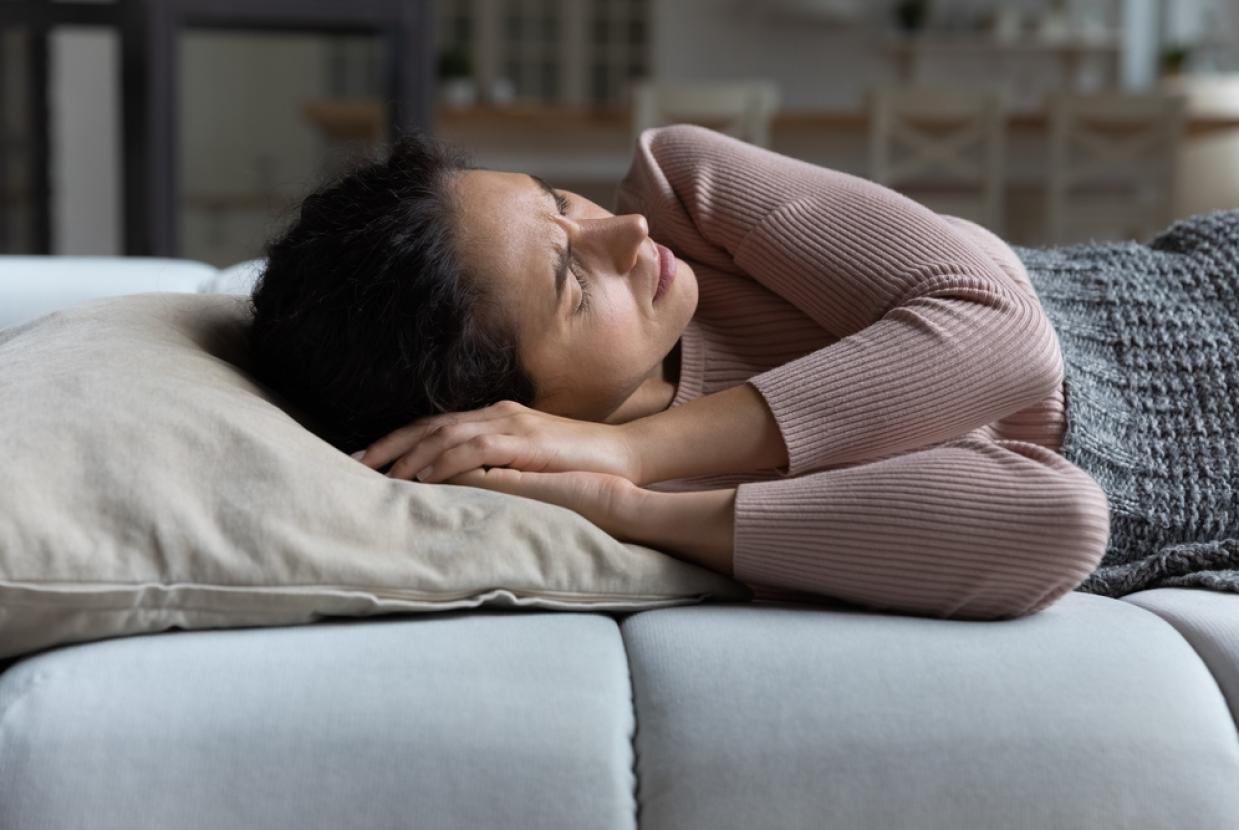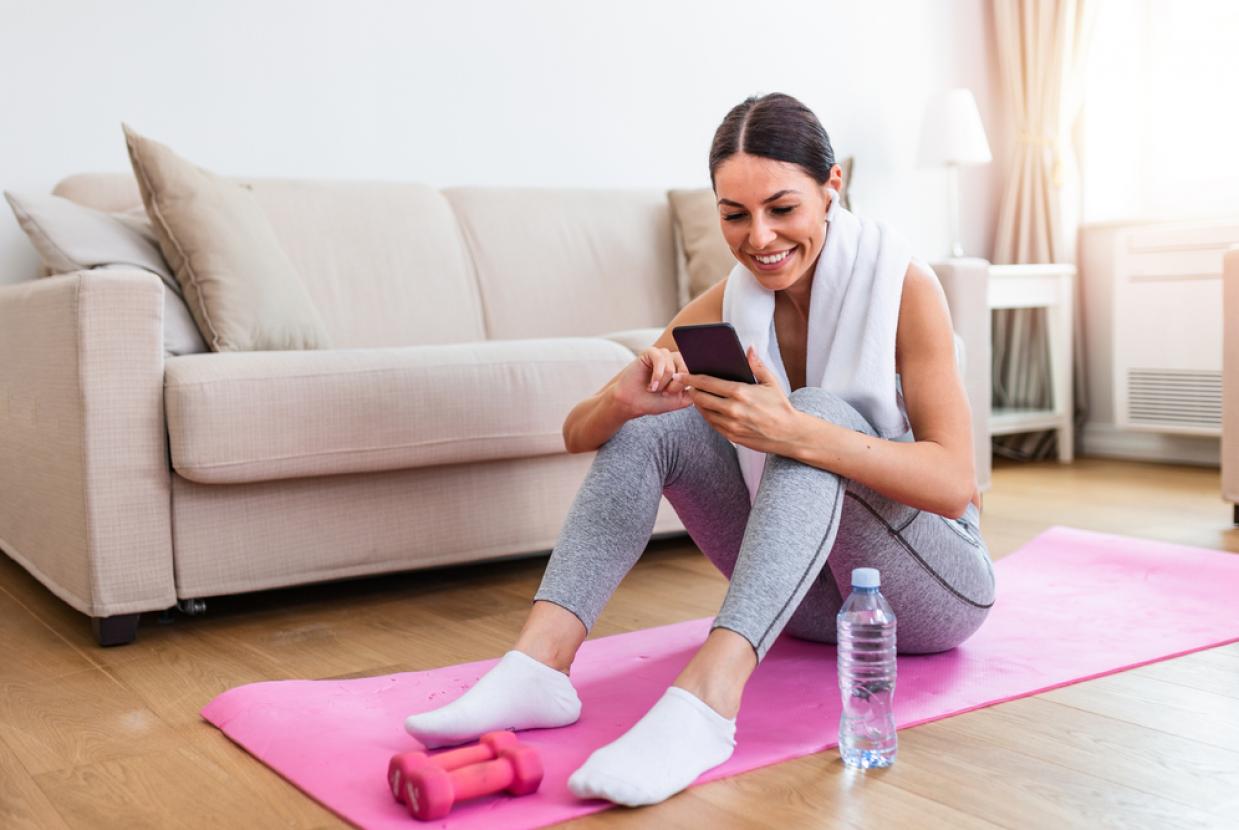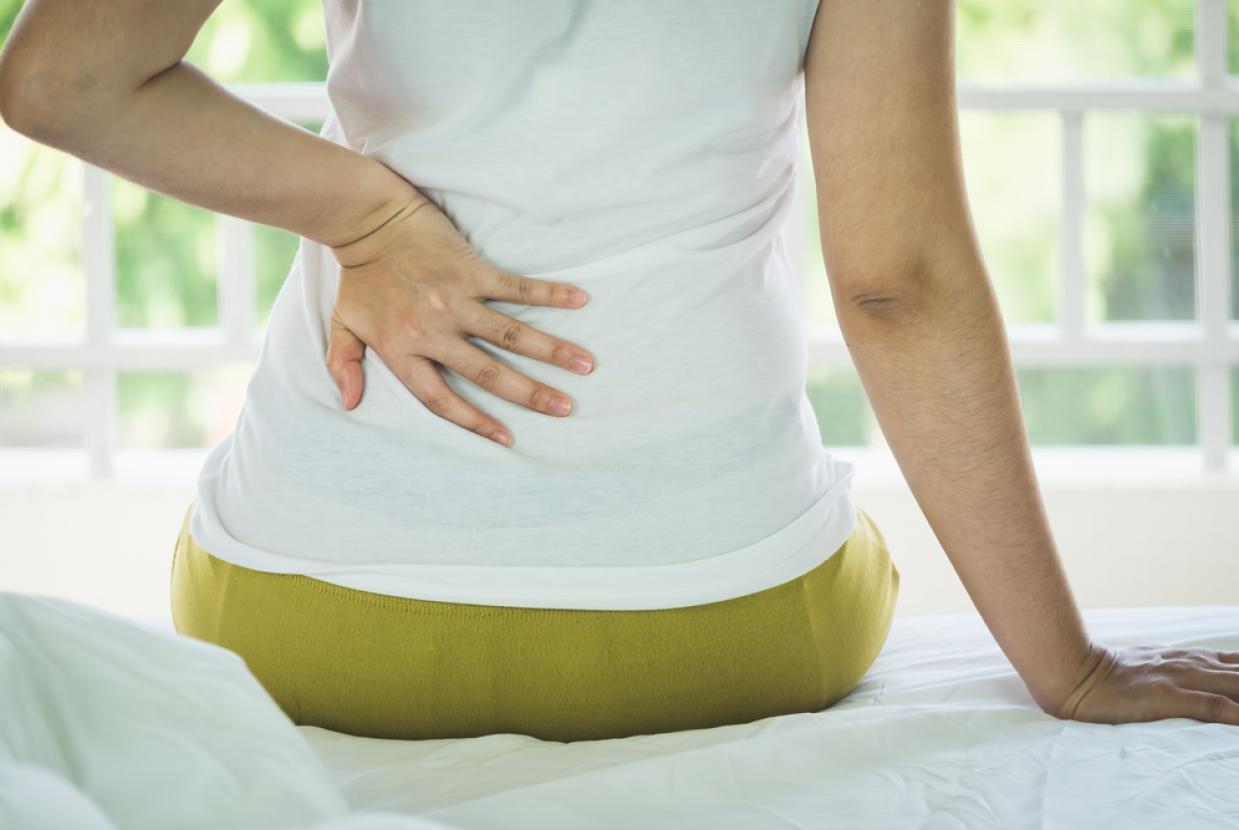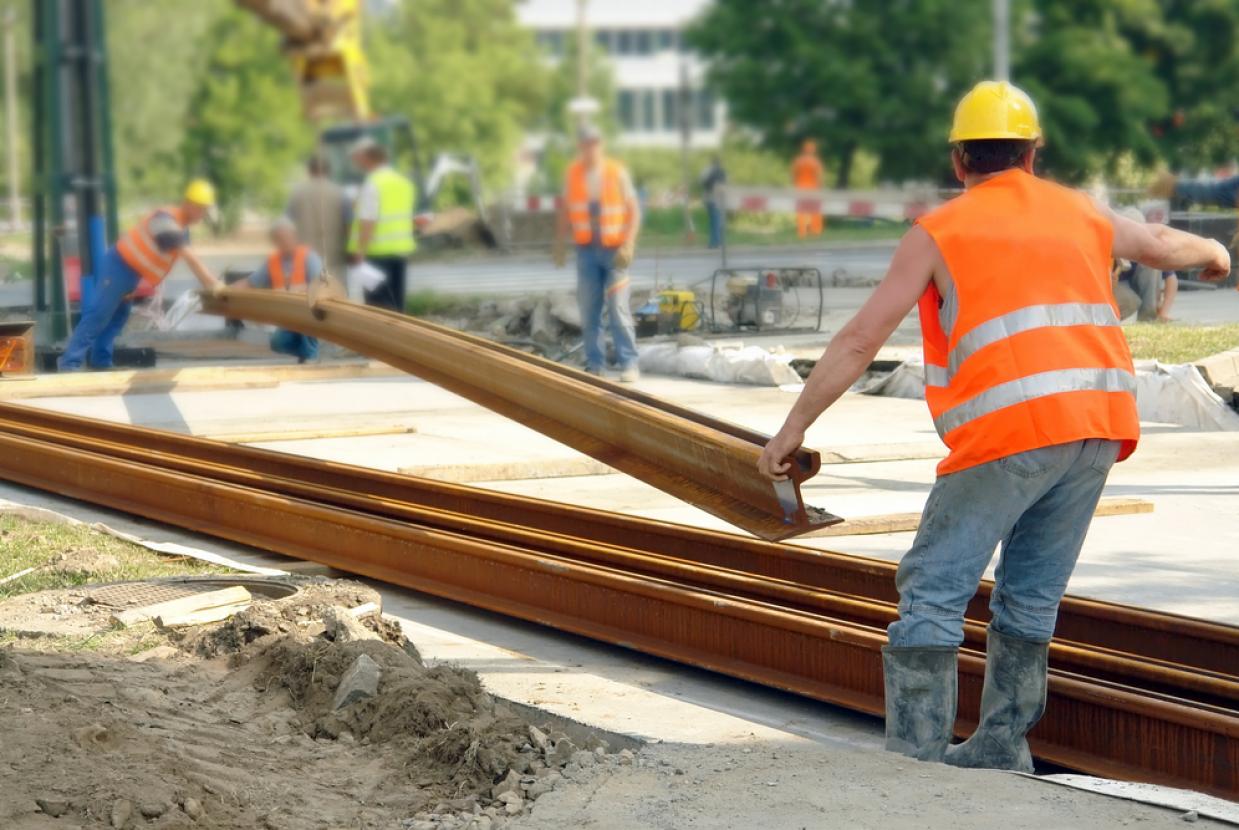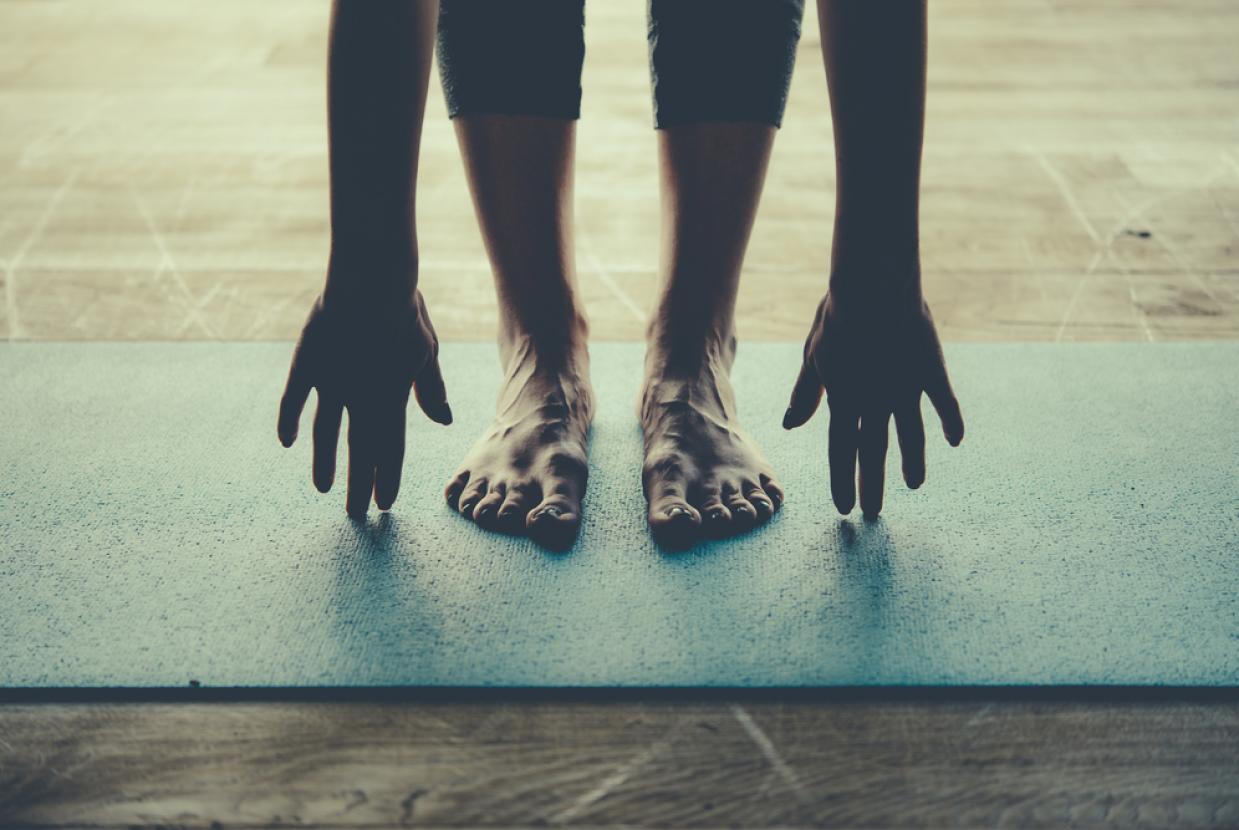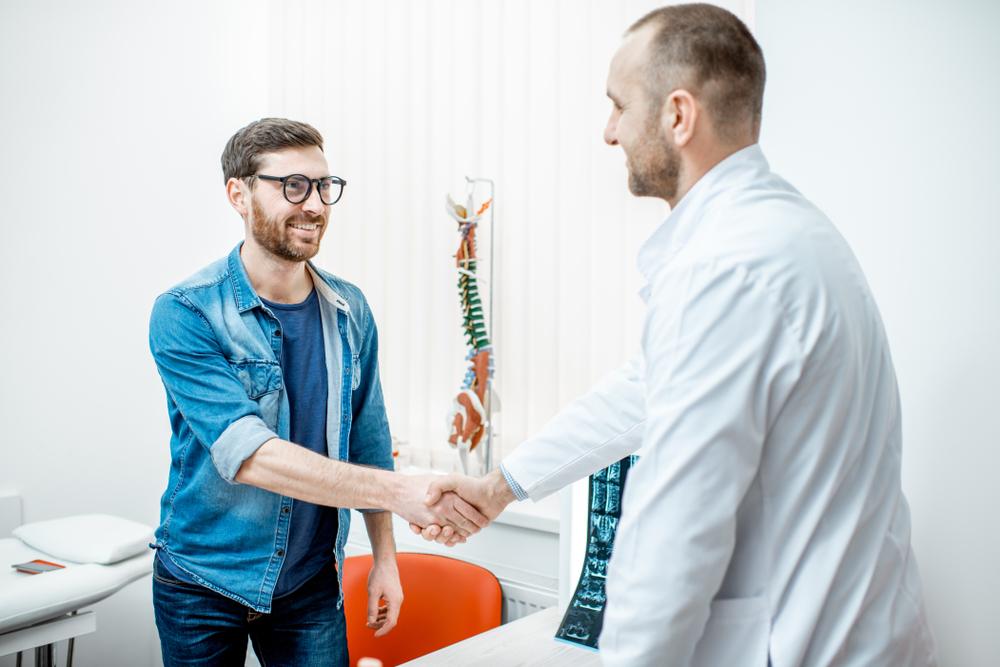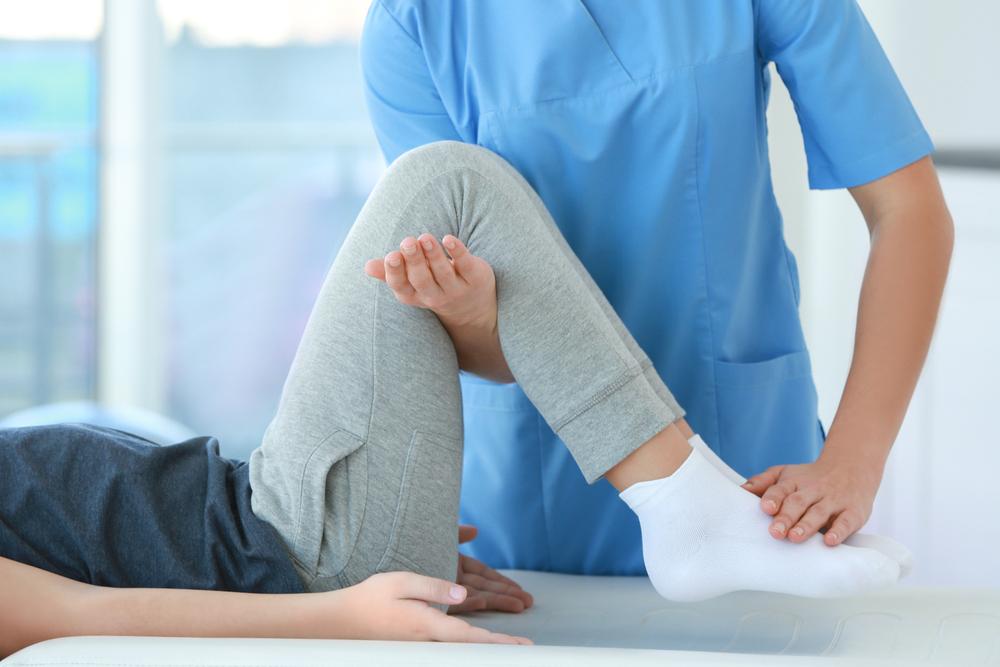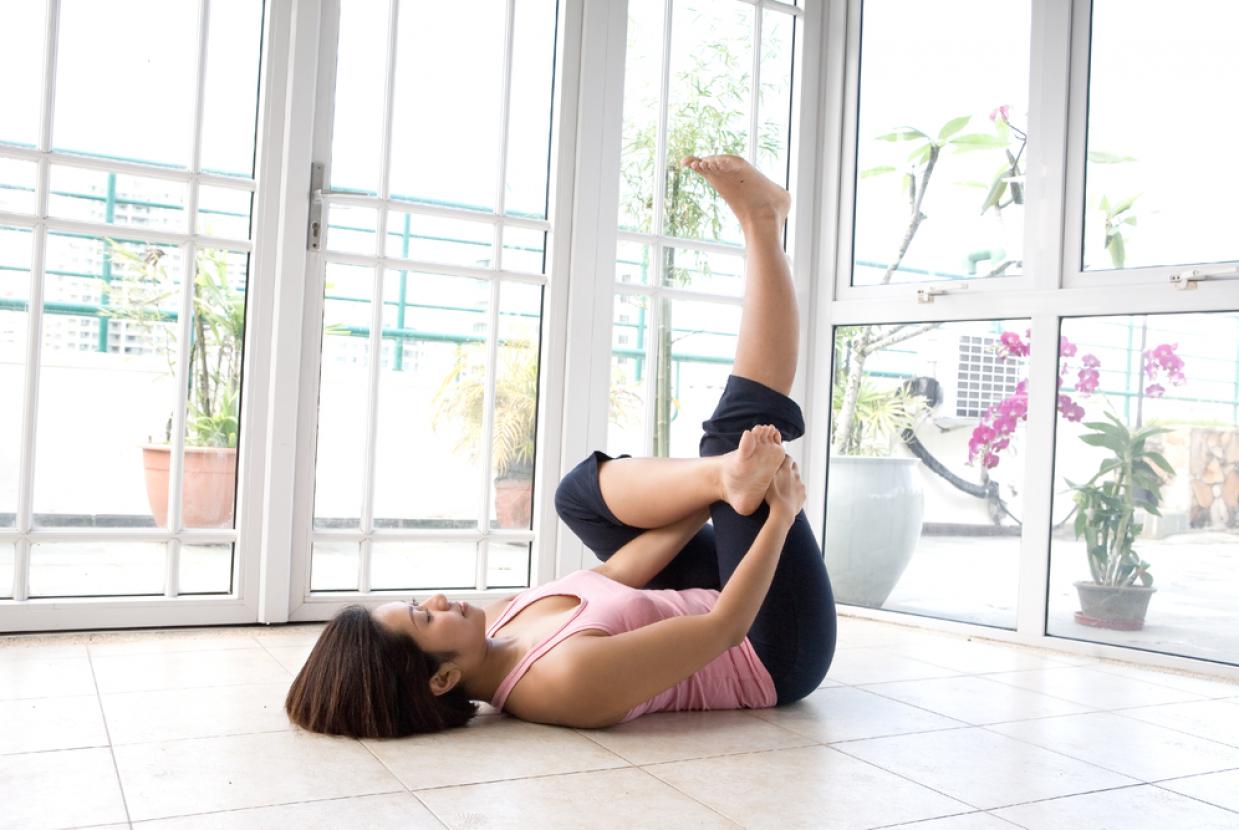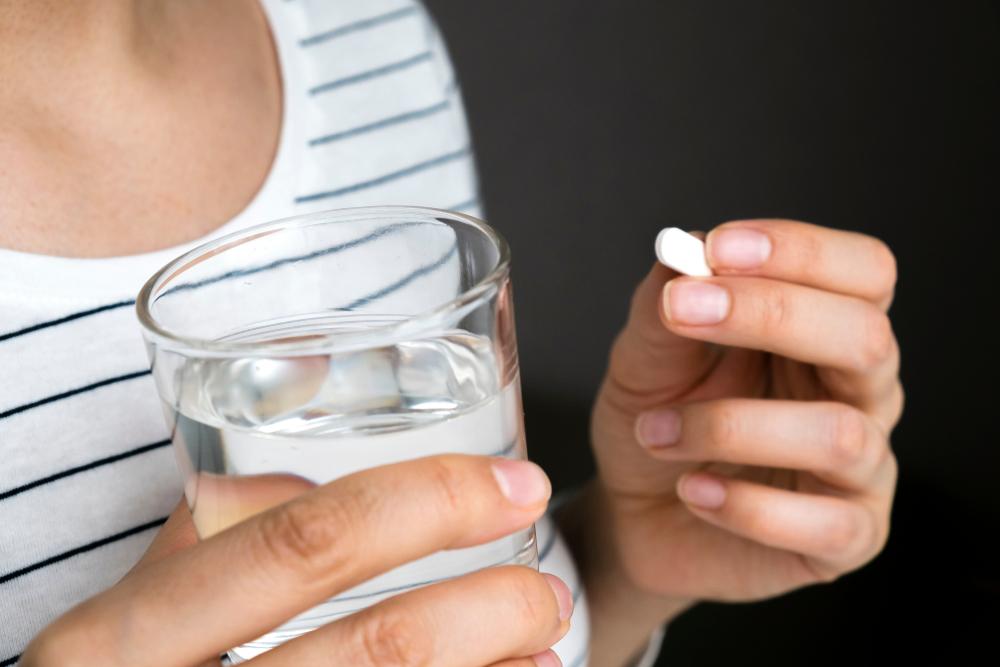7 Common Myths About Arthritis – And How To Challenge Them
Arthritis/Back Pain/Joint PainDo you know that over 10 million people in the UK have arthritis? That means one in six people live with the pain, fatigue, and disability it can cause. Despite this, there are still a lot of myths and misconceptions about the condition – and people often struggle in silence.
“Too often, people hold back from talking about arthritis. In fact, 43% of people with arthritis we asked have hidden their pain from a loved one,” says Deborah Alsina MBE, Chief Executive at Versus Arthritis. “Arthritis can leave people isolated and alone, unable to open up about their experiences or get the support they deserve.”
7 myths about arthritis that need to go
There’s a lot of frustrating misconceptions about arthritis – and we want to challenge them. Here are a few common myths we want to debunk.
Arthritis doesn’t really matter
The cost of arthritis to society is vast.
People with arthritis are 20% less likely to be in work than someone without arthritis. One third of people with rheumatoid arthritis quit work within five years of diagnosis. And musculoskeletal (MSK) conditions like arthritis account for 1 in 7 GP consultations and in 2021.
In fact, 23.3 million working days were lost due to MSK conditions like arthritis. Yet despite arthritis being one of the leading causes of disability, affecting people of all ages, public health funding is not proportionate to the problem. And there is still a chronic lack of public awareness and understanding.
It’s just a bit of ‘wear and tear’
One of the most damaging myths is that any arthritis is just ‘wear and tear’. For example, osteoarthritis is the most common type of arthritis, and will affect half of us by age 70. However, it isn’t an inevitable part of aging.
Your joints are not like car tyres destined to wear down and be replaced. They are made of complex living tissue that our bodies constantly repair and maintain, and osteoarthritis occurs when our bodies can no longer do this effectively.
Our joints get stronger the more we use them, so keeping physically active and maintaining a healthy weight can help keep osteoarthritis under control.
Exercise and movement will make your arthritis worse
People with arthritis can often find it hard to keep going with regular physical activity and exercise. But a lack of movement can actually increase symptoms such as stiffness and pain.
Building activity into your daily routine can help improve this. That’s because using your joints builds muscle strength and improves the blood supply, all of which can ease your symptoms and keep your joints in better shape for longer.
It’s important to remember that arthritis affects everyone differently, so try out different types of activities to see what works best for you. Swimming and cycling are great exercises to try, as they get the body moving without putting pressure on painful joints.
Drinking while standing can cause arthritis or joint damage
This is a myth recently spread on social media, but drinking water while standing up won't give you arthritis - if only it was that easy to avoid.
There are many types of arthritis and often there are a unique set of circumstances which can result in a condition like rheumatoid arthritis – where your immune system becomes unbalanced.
By age 70, a shocking half us will have arthritis - and it's because of a complex set of biological and environmental factors, not the way you drink your water.
Fatigue isn’t just a bit of tiredness
Stiffness, pain and inflammation are common symptoms of arthritis. But many people also say they feel extreme fatigue and the dreaded ‘brain fog’ as part of their condition.
Autoimmune fatigue in conditions like rheumatoid arthritis is overwhelming physical and mental tiredness that doesn’t significantly improve with rest or sleep. And many people with arthritis say it’s one of their biggest challenges.
It can affect your motivation and your ability to concentrate, and some people find it affects their emotional wellbeing making them irritable or depressed.
Miracle cures will make your arthritis disappear
Currently there is no cure for arthritis. Some people with arthritis believe copper or magnetic bracelets ease symptoms, but studies show no evidence to support this.
It’s the same with lots of supplements, and some of these are really pricey! Interestingly though, placebos can be very effective and continue to work even if you know it’s a placebo, so if you find these helpful there’s no reason to stop.
Nightshade vegetables like tomatoes cause inflammation
There are lots of claims about foods like tomatoes causing arthritis flares, and others that may help such as cider vinegar. Sadly there’s no good evidence that there are specific foods you should avoid or have more of, but if you do find things that are helpful or make your symptoms worse, then listen to your body.
No one diet or supplement will cure your arthritis but aiming for a balanced diet, quitting smoking, not drinking too much alcohol and maintaining a healthy body weight, as well as some form of physical activity, can help ease arthritis symptoms.


